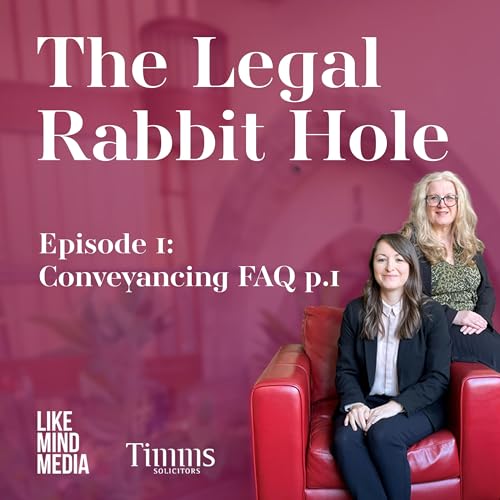In this episode of The Legal Rabbit Hole, Charlotte Day and Megan Lovell dive into the practical and legal steps required when someone passes away. This essential conversation covers everything executors need to know, from locating the Will to obtaining probate and administering an estate. Charlotte and Megan share their expert insights, answer common client questions, and provide advice on how to navigate this challenging time with clarity and confidence.
Key Takeaways
· Initial steps after a death: The importance of obtaining a death certificate, verifying the identity of executors and ensuring confidentiality.
· Responsibilities of executors: Collecting information about assets and liabilities, applying for a Grant of Probate and administering and distributing the estate.
· Funeral wishes and family dynamics: Discussing funeral wishes included in a Will and handling sensitive family situations and claims against the estate.
· Navigating probate: Understanding the process of obtaining a Grant of Probate. Identifying when probate is required based on the size and nature of the estate and common delays and how to overcome them.
· Addressing challenges: Protecting executors from liability through Trustee Act notices and searches for missing assets or wills and managing situations where trusts are created in a Will.
· Practical tips for executors: Keeping key documents organised and accessible, handling digital assets, such as cryptocurrency and online accounts and conducting due diligence.
· The value of professional advice: Why seeking help from solicitors can save time, reduce stress, and ensure accuracy and balancing personal grieving with the responsibilities of estate administration.
Resources Mentioned
Timms Solicitors : For further questions reach out to Timms Solicitors via their website, email at legal@timms-law.com or call freephone 0800 011 6666.
Don’t miss an episode of The Legal Rabbit Hole! Subscribe on your favourite podcast platform and leave us a review to let us know what you think.
 Oct 6 202519 mins
Oct 6 202519 mins Oct 6 202523 mins
Oct 6 202523 mins Oct 6 202517 mins
Oct 6 202517 mins Oct 6 202540 mins
Oct 6 202540 mins Oct 6 202515 mins
Oct 6 202515 mins Oct 6 202518 mins
Oct 6 202518 mins 15 mins
15 mins Feb 17 202512 mins
Feb 17 202512 mins
